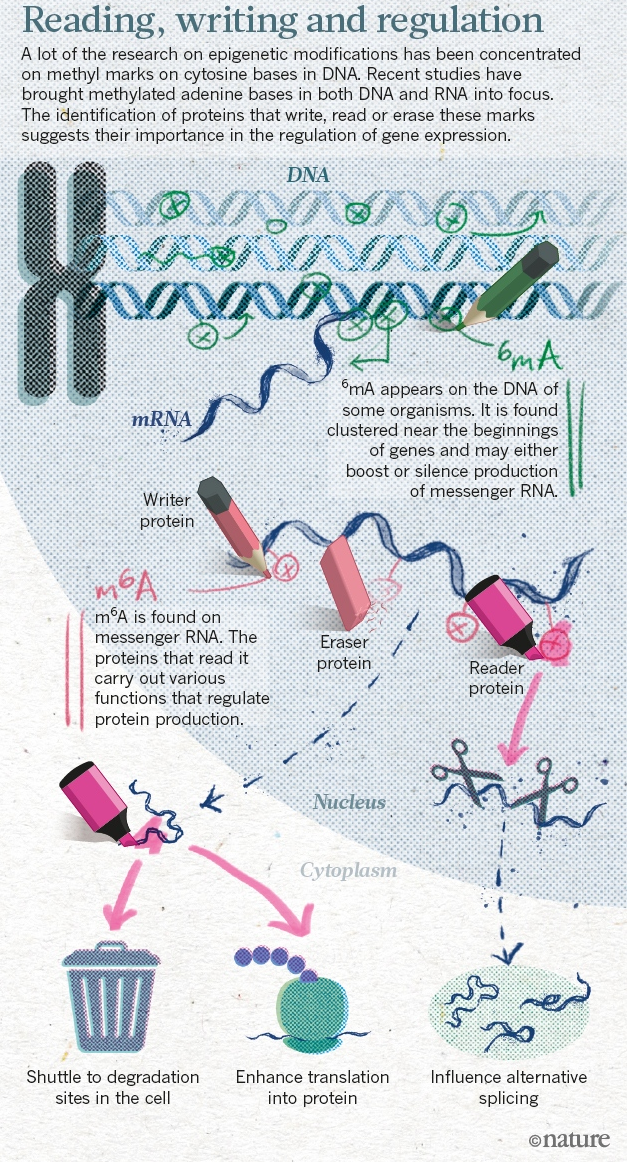WEEK OF
February 20th
It’s been eight months since the United Kingdom voted to leave the European Union. British Prime Minister Theresa May plans to initiate the departure, dubbed Brexit, in March. But the government has not yet appointed chief scientific advisers to weigh in on key issues, such as international collaborations, that are likely to arise after Britain exits the EU, Nature reported this week.
The absence of scientific advisers is weighing heavily on scientists, many of whom fear that Brexit will strain scientific partnerships, according to a Spectrum story last year. It is also unclear whether U.K. researchers will have access to EU funds.
To foster working relationships between British and European scientists, some European institutions are trying to persuade British universities to open campuses in France, according to a second story in Nature. Scientists on these campuses would have access to European funds. So far, it seems most British universities are taking a wait-and-see approach.
An article in STAT this week highlights the growing number of businesses catering to people on the spectrum, many of whom are sensitive to light, color, noise and smells.
U.S. retailers such as JCPenney, Target and Toys R Us are trying out ‘sensory friendly’ shopping hours with dimmed lights and dampened background music. And the British supermarket chain Tesco is experimenting with ‘quiet hours.’
AMC Theaters have been offering ‘sensory-friendly films’ since 2008. The house lights are on, the sound is lower, and viewers can walk around during the show.
If people with autism want to ride the SkyWheel, a Ferris wheel in Myrtle Beach, South Carolina, they are allowed to skip to the front of the line and stay on the ride longer than usual.
It’s “the equivalent of building wheelchair ramps or accessible bathrooms, except it’s for cognitive disabilities, rather than physical disabilities,” Steve Silberman, author of “NeuroTribes,” told STAT.
For years, the anti-vaccine movement was driven by a small but vocal group of people, many of them parents. But now that Donald Trump is president, the movement might pick up steam.
Trump has made a number of statements falsely linking autism to vaccines. And he is reportedly tapping staunch anti-vaxxer Robert F. Kennedy Jr. to lead a commission on vaccine safety.
On Thursday, the editorial board for The New York Times called for resistance to Trump’s anti-vaccine rhetoric.
“Mr. Trump does not have the authority to change vaccination requirements for schools and daycare centers,” the board wrote. “But he has a bully pulpit and appoints the heads of health agencies. People who care about public health ought to pressure Mr. Trump not to empower this antiscience movement.”
An anti-vaccine group in Texas is boasting about having 30 anti-vaccine champions in the statehouse, up from two last session, according to an article in The Washington Post on Monday. The number of children who missed vaccinations because of their parents’ personal beliefs in Texas rose nearly 20-fold between 2003 and 2016, the Post reported.
On Tuesday, six lawmakers from both parties sent a letter to their colleagues in Congress urging them to support the use of vaccines. “The science is clear,” they wrote. Vaccines “save the lives both of those who receive them and vulnerable individuals around them.”
CRISPR has revolutionized biomedical research, and raised serious ethical questions in the process. That’s why geneticist George Church of Harvard University has a bioethicist in his lab, STAT reports.
Jeantine Lunshof helps Church sidestep ethical landmines in the field of gene editing.
“She provides me with a comfort zone,” Church told STAT, adding that Lunshof’s presence makes him “think much more about societal concerns” that his lab’s work might raise.
Lunshof is assistant professor of genetics at University Medical Center Groningen in the Netherlands, working in the Church lab on a fellowship. The fact that she isn’t paid by Harvard may help her to take firm stances on some ethical issues.
“When I feel that something is a problem, I feel completely free to say, ‘Don’t go down that road,’” Lunshof told STAT.
Lunshof’s input stands to become even more important now that the National Academy of Sciences has voiced support for editing human embryos to circumvent “serious diseases and disability.”
A long story in Nature this week explores the burgeoning field of epigenetics — the study of chemical marks on DNA that influence gene expression without altering the DNA sequence itself.
The field is becoming increasingly relevant for autism researchers: A study published late last year suggests that the brains of many people with autism exhibit a characteristic arrangement of epigenetic marks. And a Viewpoint on Spectrum in 2015 outlines a potential role for epigenetic factors in the 5-to-1 ratio of boys to girls with autism.

Now researchers who study epigenetics are shifting their attention from DNA to RNA — the intermediary between genes and proteins. They are finding that RNA also has epigenetic marks.
“We are only in the beginning of the story,” geneticist Gideon Rechavi of Tel Aviv University told Nature. “It’s like the most exciting time to be working in the field.”
Making a career move? Send your news to [email protected].
By joining the discussion, you agree to our privacy policy.